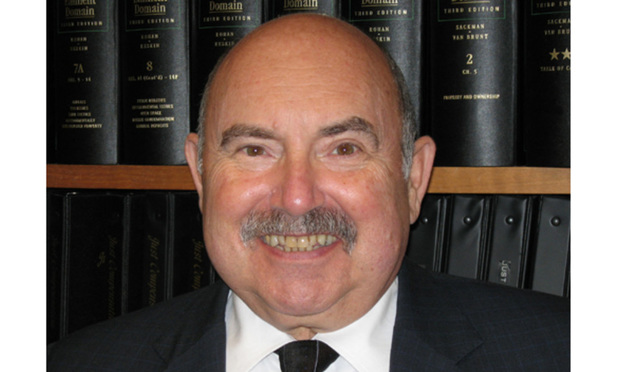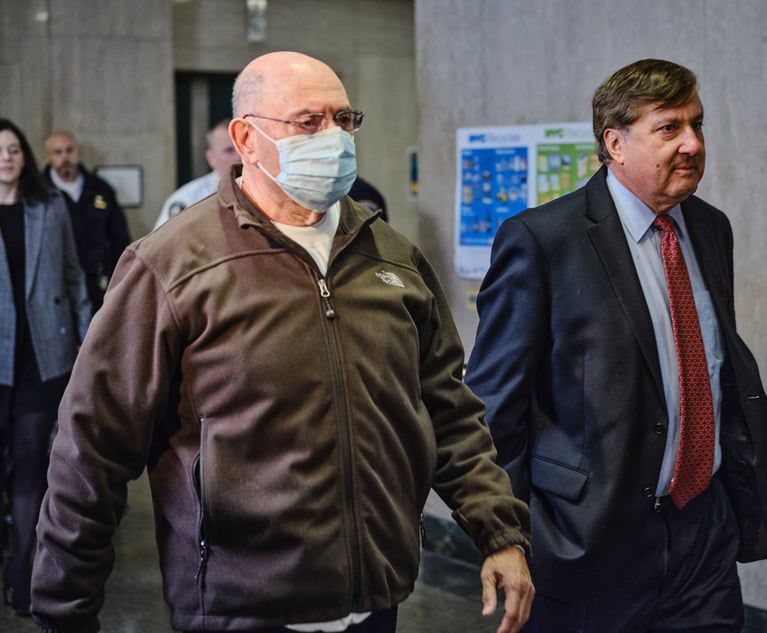The Appellate Division, Second Department decided Matter of Klein v. County of Suffolk, __ A.D.3d __, 2010 NY Slip Op 01413 on Feb. 27, 2019. Klein concerned a claimant’s request to obtain all appraisals that the County may have had prepared for the subject property. The order appealed from directed the County to produce “all appraisals, and not limited only to those submitted.” The County acquired an easement over a portion of the claimant’s property located on Fire Island as part of a federally funded construction project to reduce hurricane and storm damage to the Fire Island Inlet. The County’s experts developed certain appraisals relating to the acquired property, which were submitted by the State to the federal government for the purpose of reimbursing the County the amount actually paid for the real estate interest it acquired.
The discovery request was made by claimant’s service on the County of interrogatories and demand for production of documents including disclosure of all appraisals submitted by the County to the federal government. The Appellate Division held that the trial court should not have sua sponte directed the County to produce all appraisals, rather than only those appraisals which were submitted to the federal government in connection with the subject property. It was not a surprising decision as the law regarding prior appraisals is well established.


 Michael Rikon
Michael Rikon




